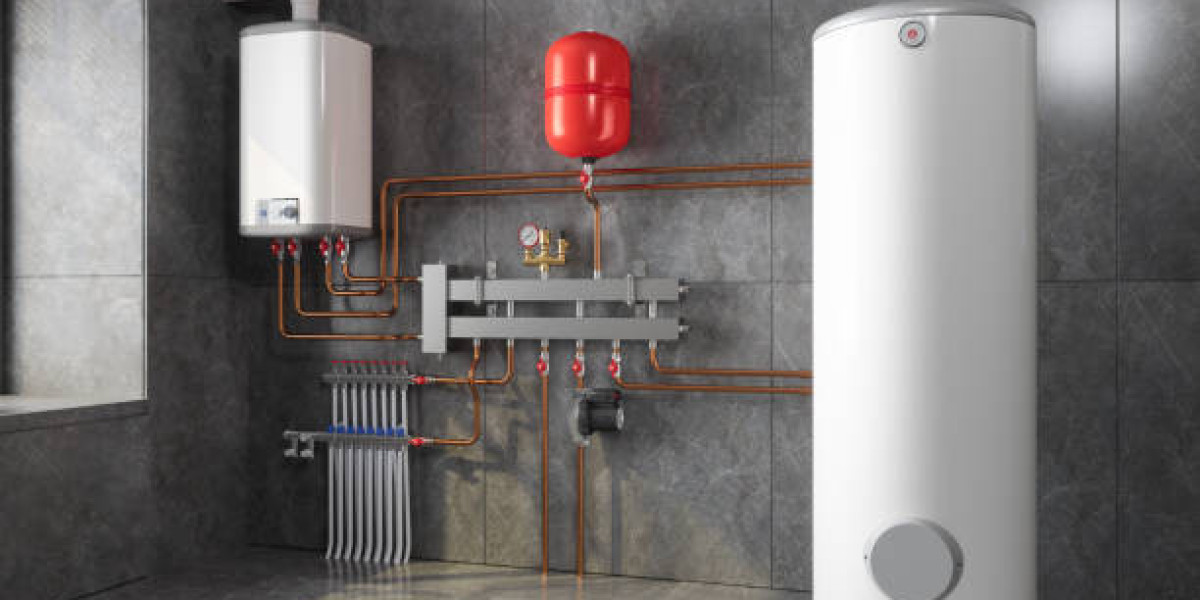In many homes, hot water systems are essential appliances, but they’re often taken for granted until an issue arises. Regular hot water servicing helps ensure these systems remain functional and efficient. By understanding the steps involved and the benefits of regular servicing, you can make an informed decision about maintaining your home’s hot water system.
Why Hot Water Servicing Matters
Hot water servicing is about more than just keeping your water hot; it’s about efficiency, safety, and cost savings. Regular servicing maintains the system’s performance, reduces energy consumption, and helps avoid unexpected repair costs. By identifying minor issues before they become significant problems, hot water servicing can save both time and money.
Key Benefits of Regular Hot Water Servicing
1. Lower Energy Bills
As hot water systems age, sediment can build up, making it harder for the system to heat water efficiently. Regular servicing clears these deposits, allowing the heater to perform more effectively and consume less energy. An efficient hot water system leads to lower utility bills and less environmental impact.
2. Extends System Lifespan
Routine hot water servicing can extend the life of the water heater. Components like the heating element, thermostat, and safety valves benefit from regular checks and cleaning. This proactive maintenance helps avoid premature replacements and ensures your system continues working efficiently for years to come.
3. Enhanced Safety
Hot water systems involve high temperatures and pressures, which can become hazardous if not maintained properly. During servicing, safety controls and pressure settings are checked to prevent potential risks. This ensures your hot water system is both safe to use and dependable.
4. Consistent Water Temperature
A poorly maintained hot water system may struggle to maintain a consistent water temperature. Regular servicing addresses issues such as thermostat inaccuracies, sediment buildup, and element malfunctions, ensuring that the water temperature remains stable.
What Happens During Hot Water Servicing?
Hot water servicing generally includes:
Inspection of Major Components: Checking parts like the heating element, thermostat, and safety valve for functionality.
Flushing the Tank: Removing sediment that can reduce efficiency and cause wear on the system.
Checking for Leaks: Identifying any leaks that could lead to water damage or other complications.
Testing Safety Features: Verifying that safety features like the pressure valve are operating correctly.
Adjusting Settings: Ensuring the temperature and pressure settings are within safe and efficient limits.
When Should You Schedule Hot Water Servicing?
Most experts recommend hot water servicing annually to maintain system efficiency. However, if you experience fluctuating water temperature, discolored water, or unusual noises, it’s best to arrange a servicing appointment sooner. In areas with hard water, you may need servicing more frequently due to mineral deposits.
Signs It’s Time for Hot Water Servicing
To avoid major issues, it’s essential to watch for signs that your hot water system may need servicing:
Water takes longer to heat up
Rust-colored or discolored water
Water with an unusual odor
Unusual sounds coming from the system
If you notice any of these signs, it’s wise to book a hot water servicing appointment to address potential issues before they worsen.
Conclusion
Regular hot water servicing plays a crucial role in home maintenance, helping to ensure consistent, safe, and efficient water heating. With professional servicing, your hot water system will run more efficiently, lowering energy bills and extending its lifespan. Make a habit of scheduling hot water servicing annually, and enjoy reliable hot water all year long.
